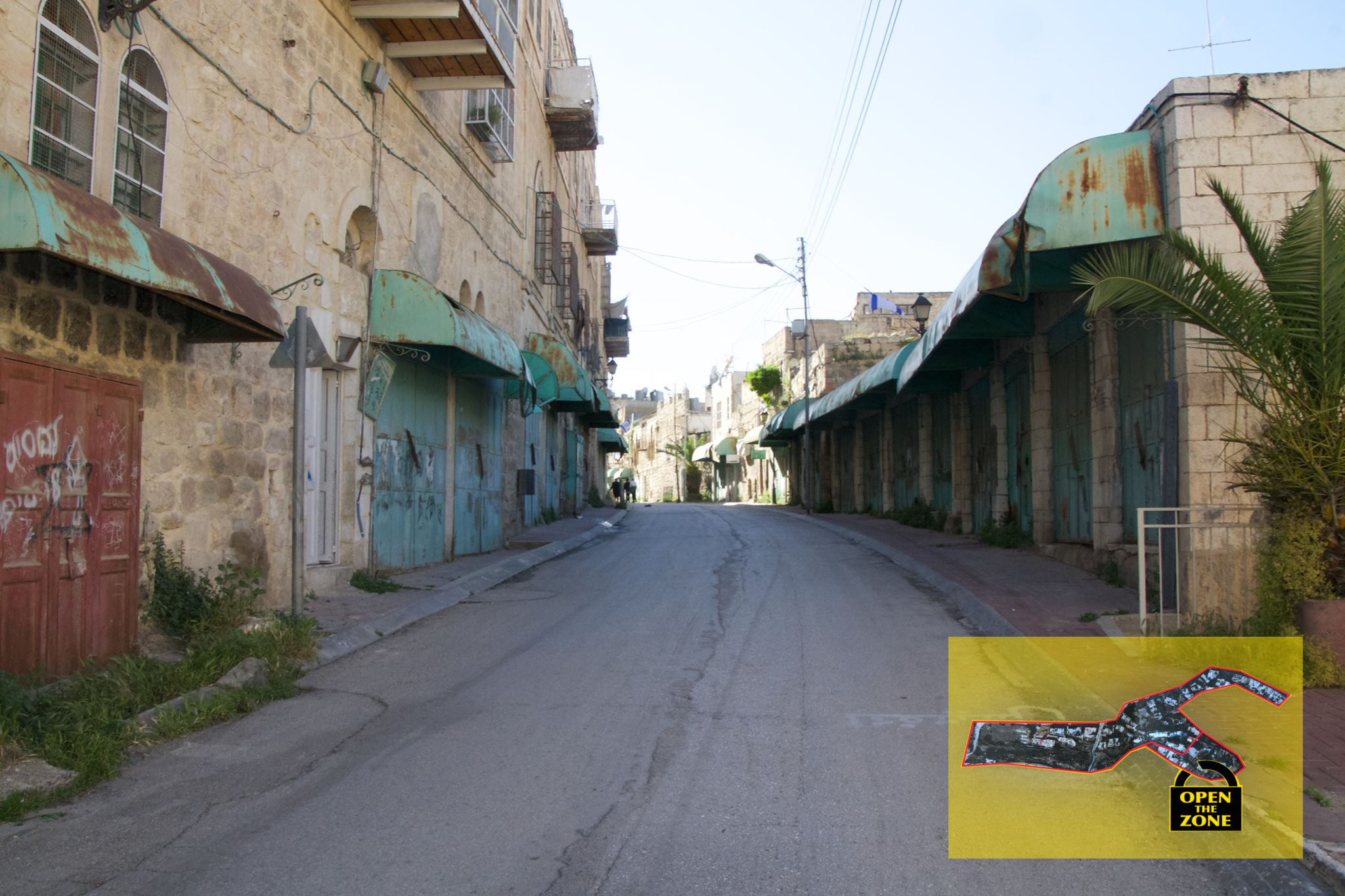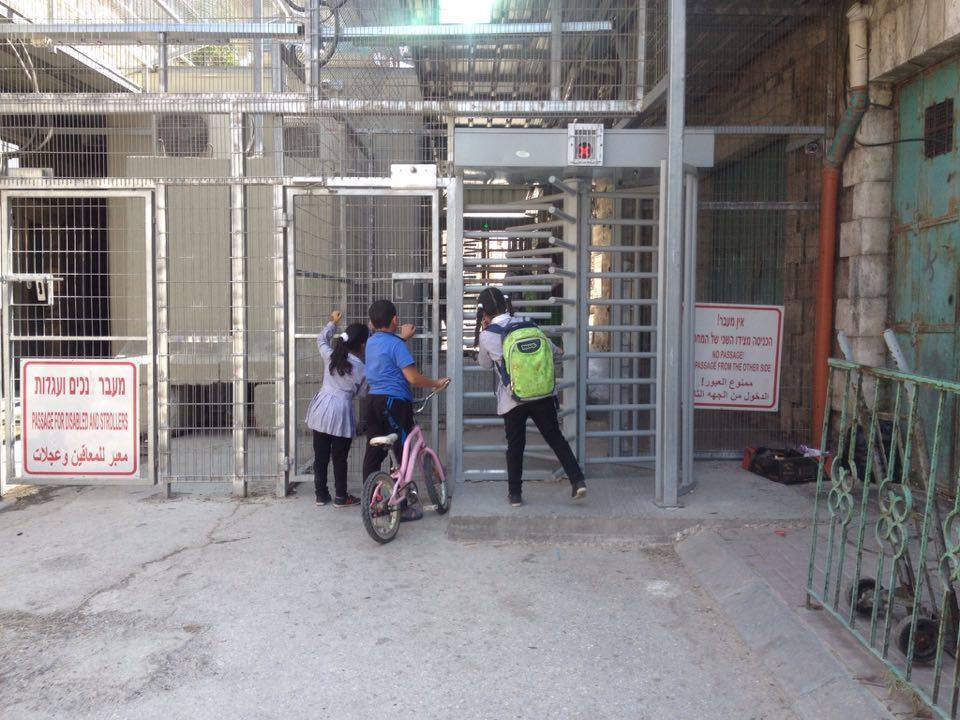Category: Hebron
-
Imprisoned life: the feeling of a ‘closed military zone’
30th October 2016 | International Solidarity Movement, al-Khalil team | Hebron, occupied Palestine ‘Closed military zone’ – a sterile term for an act of deliberate apartheid policies and dehumanisation with the clear and deliberate target of forcibly displacing Palestinian civilians: women, children, elderly, anyone that is Palestinian, from the Tel Rumeida and Shuhada Street neighborhood…
-
Imprisoned lives: closed military zone in occupied al-Khalil (Hebron)
30th October 2016 | International Solidarity Movement, al-Khalil team | Hebron, occupied Palestine It’s like living in a prison. That’s how residents describe what Israeli forces are doing to their lives in the Tel Rumeida neighborhood and Shuhada Street in occupied al-Khalil (Hebron). The area was first declared a ‘closed military zone’ on 30th October 2015…
-
I’m sorry we never knew each other
29th October 2016 | International Solidarity Movement | Hebron, occupied Palestine This is a the personal thoughts of an ISMer, remembering the execution of Hummam Adnan al-Saeed and Islam Rafiq Hammad Ibeido, on 27th and 28th October 2015. Israeli forces gunned down the two Palestinian men right in front of the ISM-apartment. The only thing…


